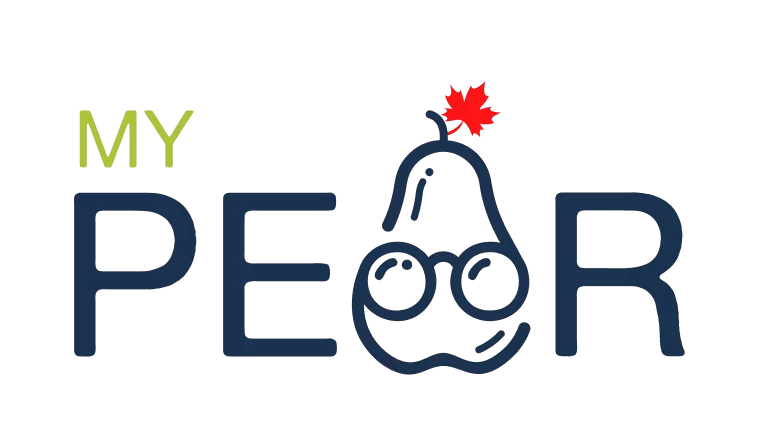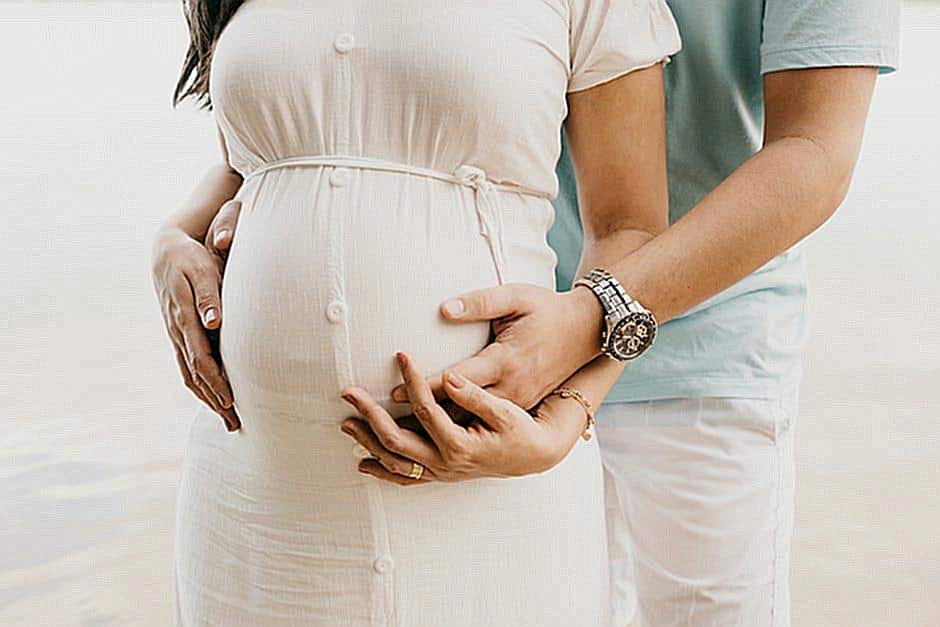Eye drops are a common remedy for a variety of eye-related issues, including allergies, dryness, and infections. Eye drops work by delivering medication directly to the eye, providing much-needed relief for discomfort and irritation. However, it is important to keep in mind that eye drops have expiry dates, and it is crucial to use them within the specified time limit.
Using expired eye drops can be harmful to your eyes, and may not provide the intended relief. Over time, the active ingredients in eye drops can break down and lose their effectiveness, potentially leading to adverse effects. Expired eye drops may cause additional irritation, redness, and even infection if they contain bacteria.
The expiry dates for eye drops are set by the manufacturer and are typically located on the container itself. It is important to note that different types of eye drops have different shelf lives, ranging from a few weeks to several months or even years. Once the expiry date passes, it is recommended to dispose of the eye drops and purchase a new product to ensure maximum effectiveness.
To ensure safe and effective treatment, it is essential to follow the instructions provided with your eye drops, including checking the expiry date before use. If you have any concerns or questions about using eye drops, it is best to consult with a healthcare professional for guidance.
What Happens If I Use Expired Eye Drops?
Using expired eye drops can lead to varied consequences, which can be unpleasant or even dangerous. The primary purpose of eye drops is to alleviate symptoms such as dryness, itchiness, and redness, but using expired eye drops may worsen them instead. As the expiration date approaches, the effectiveness of eye drops gradually lessens, making the active ingredients inactive.
One common effect of using expired eye drops is that they may cause stinging or burning, which can exacerbate the discomfort of the eyes. Additionally, expired eye drops can cause blurred vision, eye infections, and eye inflammation. In rare cases, it may cause severe eye damage or even blindness. Therefore, it is crucial to check the expiration date of your eye drops before using them.
How Long Do Eye Drops Last After Opening?
Eye drops vary in their duration of use after opening. The majority of eye drops last anywhere between one to three months after opening. It is critical to note that the stated expiration date of eye drops refers to the unopened bottle, and once opened, the eye drops are exposed to air, bacteria, and other contaminants, thus becoming vulnerable.
Some eye drops come with a specific timeline labeling, while others require refrigeration to maintain their shelf life. For instance, preservative-free eye drops last shorter periods than those with preservatives. The active ingredients of preservatives such as benzalkonium chloride or thimerosal, extend the shelf life of eye drops significantly. It is advisable to follow the instructions on the label or consult a doctor or pharmacist for appropriate usage.
Can I Use Unopened Eye Drops After Expiration Date?
Using unopened eye drops after the expiration date depends on various factors. Extensive research conducted by the FDA revealed that many drugs, including eye drops, are still effective even after their expiration date, with some of them being safe for use. However, it’s highly recommended not to use eye drops after the recommended expiration date, as the active ingredients may have lost their effectiveness.
Using expired eye drops can lead to minor to severe eye irritations and even eye infections that can be severe if not treated promptly. Hence, it is highly recommended to replace expired eye drops with a new one and discard the old one properly.
How Do I Know If My Eye Drops Are Expired?
Determining whether eye drops are expired or not is easy. The first step is to check for the expiration date on the label of the bottle or the packaging of the eye drops. The expiration date is typically located at the bottom of the bottle or on the side of the cardboard packaging.

The second step is to look for any discoloration or cloudiness in the eye drops solution. Changes in color can indicate a breakdown of active ingredients, which can render the eye drops ineffective or even dangerous. If the eye drops have changed in color or appearance in any way, it is best to dispose of them and purchase a new bottle.
Can Using Expired Eye Drops Cause Damage?
Using expired eye drops can cause damage ranging from minor irritations to severe eye infections. As active ingredients degrade over time, their effectiveness lessens, leading to the resurgence of symptoms that were initially being treated. Some of the active ingredients in eye drops may also react with bacteria, leading to bacterial overgrowth and contamination.
In some cases, using expired eye drops can cause serious allergic reactions, sensitivity to light, blurry vision, ocular pressure, and even blindness. These severe reactions are rare and are more likely to occur after using expired prescription eye drops or if the patient has an existing ocular condition.
How Long Can I Use Eye Drops Past The Expiration Date?
While it is not recommended to use eye drops past their expiration date, some eye drops may still maintain their effectiveness within some days or weeks beyond that date. For instance, some over-the-counter eye drops may still be effective for up to two weeks past their expiration date. However, it’s essential to note that this timeline can vary depending on various factors such as packaging, storage, and product formulations.
Prescription eye drops are more potent than over-the-counter drops and are expected to be used as prescribed. The potency and effectiveness of prescription eye drops can only be guaranteed when used within their expiration date. Therefore, patients should dispose of expired prescription eye drops and seek medical advice for a replacement.
What Is The Shelf Life Of Eye Drops?
The shelf life of eye drops varies depending on the product formulation, packaging, and usage. Typically, unopened and properly stored eye drops can last up to two years from the date of manufacturing. However, once opened, the shelf life reduces to 1 to 3 months, depending on the type of eye drops and their packaging.
The addition of preservatives in eye drops substantially lengthens the shelf life. Preservative-free eye drops are, however, more susceptible to bacterial contamination, hence having a shorter shelf life. It is crucial to store eye drops in a cool, dry place and keep them away from direct sunlight and heat, as these elements hasten the breakdown of active ingredients.
How Can I Store My Eye Drops To Make Them Last Longer?
Eye drops are sensitive to light, heat, and humidity, and must be stored correctly to maintain their potency and effectiveness. The ideal storage condition for eye drops is a cool, dry place, away from direct sunlight, heat, or moisture. Storing eye drops in the refrigerator can also help prolong their shelf life, especially for preservative-free eye drops.
Furthermore, it is essential to store eye drops in their original, airtight packaging, as transfer of the eye drops to another container may lead to contamination, thereby reducing its effectiveness.
Are There Any Risks Associated With Using Expired Eye Drops?
Yes, using expired eye drops have risks associated with it. The efficacy of expired eye drops reduces over time, as the active ingredients gradually degrade, leading to the resurgence of symptoms that were initially being treated. Eye drops that have been contaminated with bacteria can also cause infections that can range from mild irritations to severe conditions such as conjunctivitis.
Using expired eye drops can also cause an allergic reaction, sensitivity to light, and even blindness. Although these severe reactions are rare, the risks of using expired eye drops outweigh the benefits. Hence, it is crucial to check the expiration date before using eye drops and dispose of expired ones.
Can I Use Eye Drops That Have Been Sitting In My Car?
It is not recommended to use eye drops that have been sitting in a car, especially during hot or cold weather. Extreme weather conditions such as heat above 77°F or cold below 59°F can alter the chemical composition of eye drops, leading to reduced effectiveness or even contamination.
Additionally, the inside of a car is not sterile and is a breeding ground for bacteria, dust, and other contaminants. Therefore, storing eye drops in a car exposes them to these elements and increases the chances of contamination. It is best to store eye drops in a cool, dry place, away from the direct sunlight and heat sources.
Conclusion
In conclusion, eye drops are commonly used by people to treat various eye conditions such as dryness, allergies, infections, and glaucoma. One significant aspect of using eye drops is their expiry date. Like any other medication, eye drops have an expiry date beyond which their efficacy and safety cannot be guaranteed. The expiry date is determined by the manufacturer based on extensive testing to ensure that the formula remains stable and effective until that date.

Using expired eye drops can have adverse effects on your eyes, such as irritation, inflammation, infection, and even permanent damage to the eyes. It is, therefore, crucial to make sure that you check the expiry date of your eye drops before use.

Storing your eye drops in the correct conditions can help prolong their shelf life. Eye drops should be kept in a cool dry place, away from direct sunlight, and always stored as instructed by the manufacturer.
In summary, using expired eye drops can have serious consequences on your vision and overall eye health. You should always check the expiry date of your eye drops before use and store them correctly. When in doubt about the safety of using your eye drops, always consult with your optometrist or ophthalmologist.



